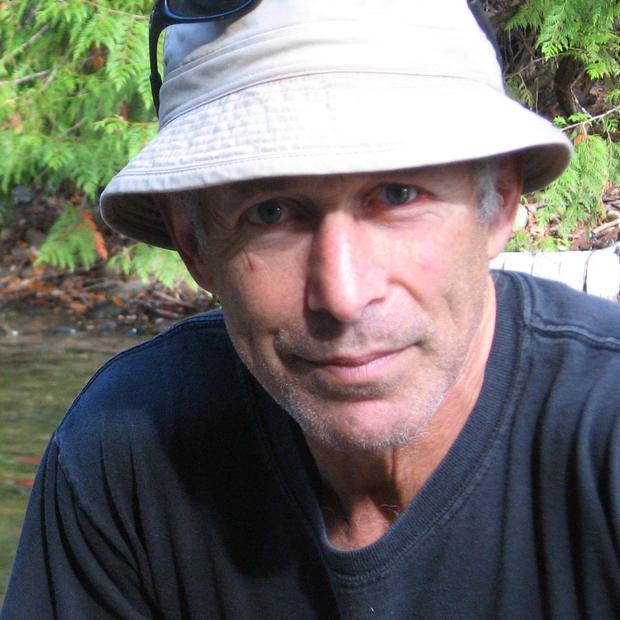I asked David Dicks, executive director of the Puget Sound Partnership, if it would ever be time to use the "T" word regarding Puget Sound. I meant "T" as in "triage." That isn't a concept generally applied to save-the-Sound projects, but everyone who has given the matter serious thought realizes that: a) some problems aren't soluble; b) some feel-good projects don't really accomplish much; c) we'll never have enough money to do everything; so d) it makes sense to concentrate resources on the most significant projects with the greatest chances of success. Maybe triage isn't the right word, but it's the right concept.
Dicks said he wasn't sure it qualified as triage, but the first two of four "draft strategic priorities" the Partnership adopted in June acknowledge a need to make choices. The first — which hasn't been formally designated the top priority but probably qualifies as such — is to "ensure that activities and funding are focused on the most urgent and important problems facing the Sound." The second is to "protect the intact ecosystem processes that sustain the Sound."
Setting these two as top priorities implies a number of things. It leaves little room for, say, feel-good beach clean-up projects or the restoration of urban streams. Dicks acknowledges that such projects have an educational value for kids — and their elders — and help build political support, but they produce negligible environmental bang for large expenditures of bucks. He'd still do some such projects but not, say, an expensive daylighting of Thornton Creek through Northgate's south parking lot.
John Lombard, author of Saving Puget Sound, writes: I live on a tributary to Thornton Creek in north Seattle. I am a past president and active supporter of Thornton Creek Alliance. I am not saying that we should 'write off' urban natural areas. But we should understand the limitations of investments in those areas and set reasonable goals for them. The current project to 'daylight' Thornton Creek ... will cost more than $10 million. I support this project, but primarily for its community development benefits. If the pot of money paying for it could be used to best serve Puget Sound as an ecosystem, I would shift that money immediately to the lower Skagit River, where it could make some real headway in the tragic conflict between farmers and environmentalists.
It also suggests that we'll have to raise money in the cities and spend it in the country, where it's still possible to preserve large blocks of habitat and more-or-less intact natural systems. Lombard argues (pdf), "We must accept a substantial transfer of wealth from urban areas to ecologically more important rural areas."
Elsewhere, Lombard has written: Taken as a whole, urban taxpayers far outnumber rural taxpayers, while investments in ecological conservation must target rural areas, where the large majority of our best habitat remains ... The science is clear that urban areas cannot support the diversity and abundance of native fish and wildlife that rural areas can (if that obvious point even needs documenting). We still may invest in urban natural areas to improve our quality of life and minimize the harm urban areas do to larger ecosystems. But we must invest in rural areas if we are to save our natural heritage in this region.
Dicks agrees. He says that spending the money right where you raise it "is an 80s idea that has taken on a life of its own."
Whether or not there will be much new money to spend anywhere remains an open question. Dicks says he has found himself at odds with environmentalists who argue the Partnership should go for broke at the 2009 legislature. What better time to put a major Puget Sound bond issue on the ballot? Dicks doesn't think the current economic environment is likely to loosen the legislative purse strings for much of anything. Besides, he says, if most citizens still don't think Puget Sound has a problem, any public vote on Puget Sound bonds would be DOA.
But he doesn't write off the idea of getting money. Huge torrents of money dedicated to environmental good works already flow through government agencies and the western Washington economy. If those cash flows were channeled into projects that would help preserve and restore Puget Sound, the Partnership might not have to pass the hat for much new funding.
Look at the nearly half billion dollars that the state Department of Ecology spends each year. Or look at all the money poured down the rathole of mitigation. The state Department of Transportation spends millions on environmental



